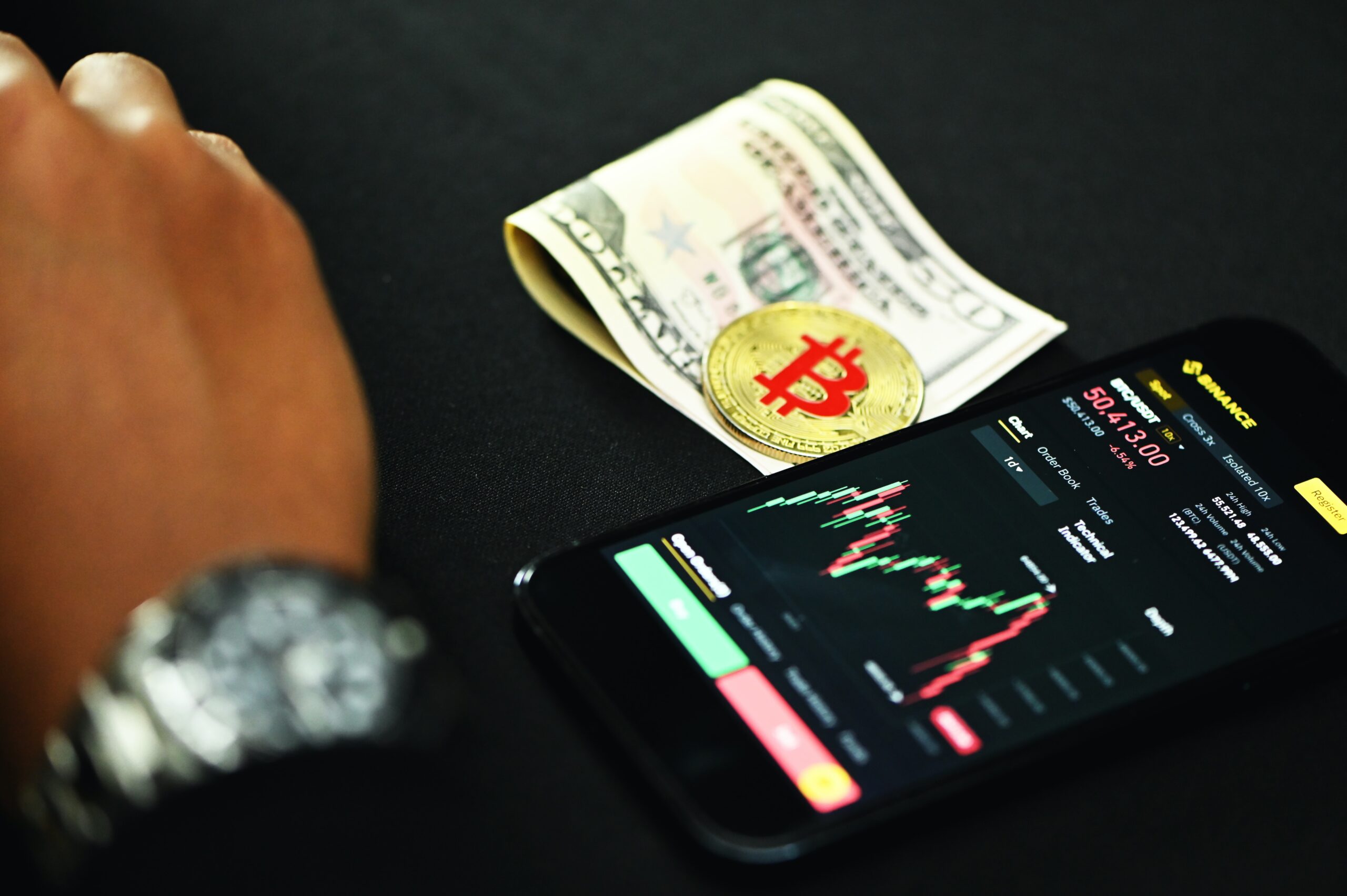With the widespread adoption of cryptocurrencies, the demand for online crypto wallets has surged, providing users with a convenient means to store, manage, and transact digital assets. However, as the popularity of these wallets grows, so do concerns about their security. In this comprehensive analysis, we delve into the safety aspects of online crypto wallets, explore potential risks, and provide best practices to ensure the protection of your valuable digital assets.

I. Introduction
Online crypto wallets, also known as web wallets or cloud wallets, are digital platforms that allow users to store, send, and receive cryptocurrencies through web-based interfaces. Unlike cold wallets, which store private keys offline, online wallets store the private keys on remote servers, accessible through the internet.
II. Security Considerations
-
Trust and Reliability: When choosing an online wallet, it is essential to opt for reputable providers with a proven track record in the industry. Research the wallet’s history, reviews, and security practices to gauge its trustworthiness.
-
Encryption and Data Protection: Reputable online wallets employ strong encryption techniques to protect users’ private keys and sensitive information. Look for wallets that use SSL (Secure Sockets Layer) encryption and store data in encrypted form.
-
Two-Factor Authentication (2FA): Enable 2FA to add an extra layer of security to your online wallet. This feature requires users to provide an additional verification factor, such as a unique code sent to their mobile device, to access the wallet.
-
Backup and Recovery: Online wallets should provide users with backup options, such as recovery phrases or seed words, to restore access to their accounts in case of password loss or device failure. Ensure you have securely stored and backed up this information.
III. Potential Risks
-
Hacking and Phishing Attempts: Online wallets are susceptible to hacking attempts and phishing attacks, where malicious actors attempt to trick users into revealing their private keys or sensitive information. Exercise caution and be vigilant against phishing emails, suspicious links, and unknown wallet providers.
-
Third-Party Risks: When using an online wallet, you are entrusting your private keys and funds to a third-party service provider. The security practices of these providers may vary, making it crucial to choose reliable and well-established platforms.
-
Server Vulnerabilities: Online wallets rely on remote servers to store private keys, making them vulnerable to server breaches and cyberattacks. Wallet providers should employ robust security measures, such as regular security audits and strong server-side protections, to minimize these risks.
IV. Best Practices for Using Online Crypto Wallets
-
Choose Trusted Providers: Select reputable wallet providers with a strong security track record and positive user feedback. Stick to well-known platforms that prioritize user security and employ stringent security practices.
-
Use Strong and Unique Passwords: Create strong, unique passwords for your online wallet accounts and avoid reusing passwords across different platforms. Consider using a password manager to securely store and generate complex passwords.
-
Keep Software Updated: Regularly update your operating system, web browser, and wallet software to ensure you benefit from the latest security patches and enhancements.
-
Limit Exposure: Avoid accessing your online wallet through public Wi-Fi networks or shared devices. Use a secure and private internet connection to reduce the risk of unauthorized access.
-
Diversify Storage: Consider using a combination of online wallets and cold wallets to spread the risk and enhance security. Utilize offline storage for long-term asset holding and reserve online wallets for day-to-day transactions.
V. Conclusion
While online crypto wallets offer convenience and accessibility, it is crucial to approach them with caution and implement stringent security practices. By understanding the potential risks and adopting best practices, users can mitigate the chances of falling victim to hacking attempts and ensure the safety of their digital assets. The crypto landscape continues to evolve, and as it does, it becomes increasingly vital for users to remain proactive in protecting their online wallets and maintaining a robust security posture.